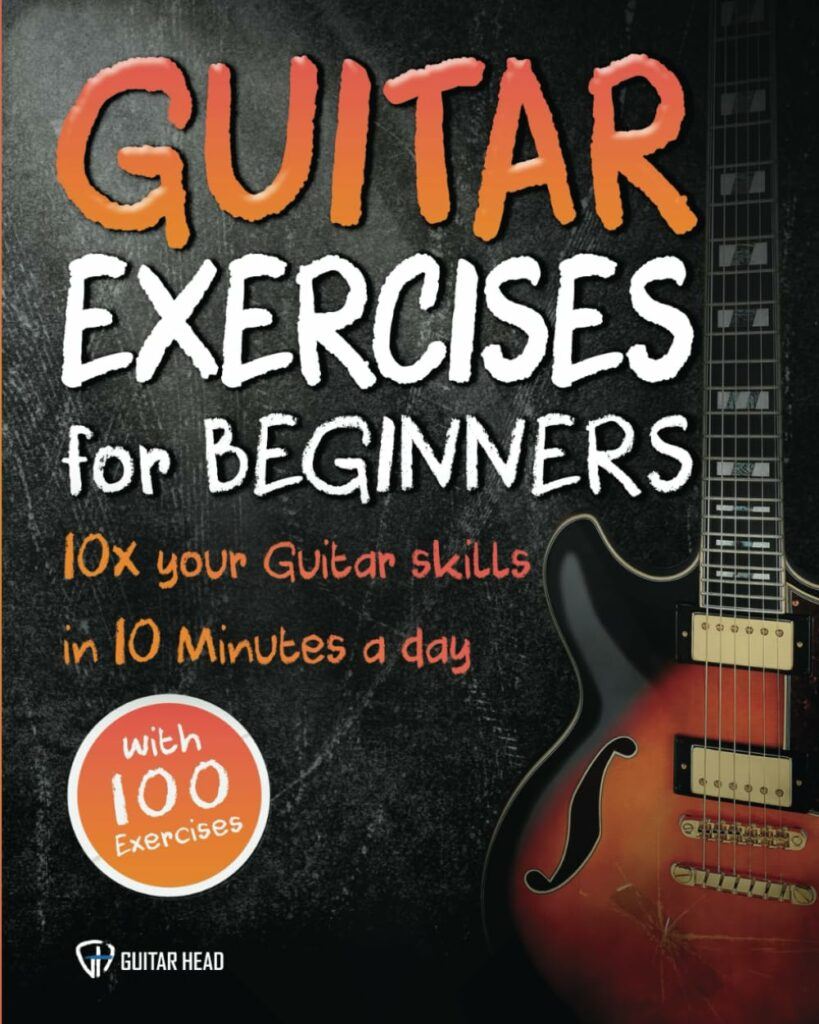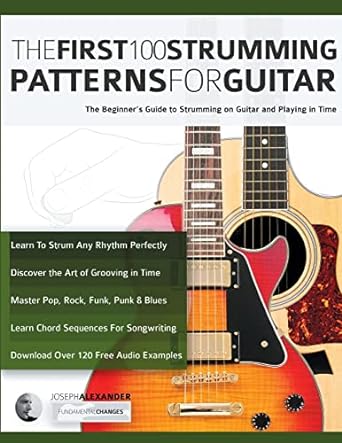Learning guitar can be both exciting and challenging. For beginners, there are several key areas to focus on to build a strong foundation and avoid forming bad habits early on. Here’s what new guitarists should pay attention to as they start their musical journey.

1. Proper Posture and Positioning
- Why It Matters: Developing good posture is essential to avoid physical strain and make playing easier over time. Slouching or holding the guitar incorrectly can lead to discomfort and poor technique.
- Tips: Sit up straight with your back supported. Hold the guitar close to your body, and make sure your fretting hand (the hand on the neck) has enough room to reach comfortably without straining.
2. Finger Placement and Pressure
- Why It Matters: Correct finger placement on the fretboard is critical for producing clean notes and chords.
- Tips: Position your fingers close to the fret (but not directly on it) and apply only enough pressure to avoid buzzing. Over time, this will improve your tone and help with finger dexterity.

3. Learning the Basics First
- Why It Matters: It can be tempting to jump straight into playing songs, but learning foundational skills first will make everything easier in the long run.
- Tips: Focus on basic chords, simple strumming patterns, and a few scales before diving into full songs. This foundation will help you play more complex music with ease.
4. Practicing Regularly and Consistently
- Why It Matters: Like any new skill, progress with the guitar comes with regular practice.
- Tips: Aim for short, consistent practice sessions each day rather than long, infrequent ones. Consistency helps with muscle memory and keeps your progress steady.
5. Using a Metronome
- Why It Matters: Timing is crucial in music, and a metronome helps you develop a sense of rhythm.
- Tips: Start practicing with a metronome from the beginning, even if it feels challenging. Begin at a slow tempo and gradually increase as you become more comfortable.
6. Building Finger Strength and Flexibility
- Why It Matters: Guitar playing requires strong and flexible fingers, especially on the fretting hand.
- Tips: Use finger exercises and scales to improve strength and dexterity. This will make it easier to play complex chords and move across the fretboard.
7. Learning Basic Music Theory
- Why It Matters: While not strictly necessary, a basic understanding of music theory can enhance your playing and help you understand chord progressions and scales.
- Tips: Start with learning the musical alphabet, common chords, and how scales work. This knowledge will make it easier to learn songs and improvise.
8. Developing Ear Training Skills
- Why It Matters: Good ear training helps you recognize notes, chords, and scales, which is useful for playing by ear and improvisation.
- Tips: Practice listening to different chords and identifying them by sound. Try to match the notes you hear in songs by playing them on your guitar.
9. Practicing Chord Transitions
- Why It Matters: Smooth chord transitions are essential for rhythm and flow in songs.
- Tips: Start with simple chords and practice moving between them without pausing. This will improve your coordination and make songs sound more seamless.
10. Staying Patient and Motivated
- Why It Matters: Learning an instrument is a gradual process, and beginners often feel discouraged if they don’t see immediate results.
- Tips: Set small, achievable goals and celebrate each milestone. Remember that every guitarist started as a beginner and that progress takes time.
By focusing on these areas, beginners can build a solid foundation for their guitar journey. Remember, patience and persistence are key. With regular practice and attention to detail, you’ll steadily improve and find playing the guitar more enjoyable and rewarding.



